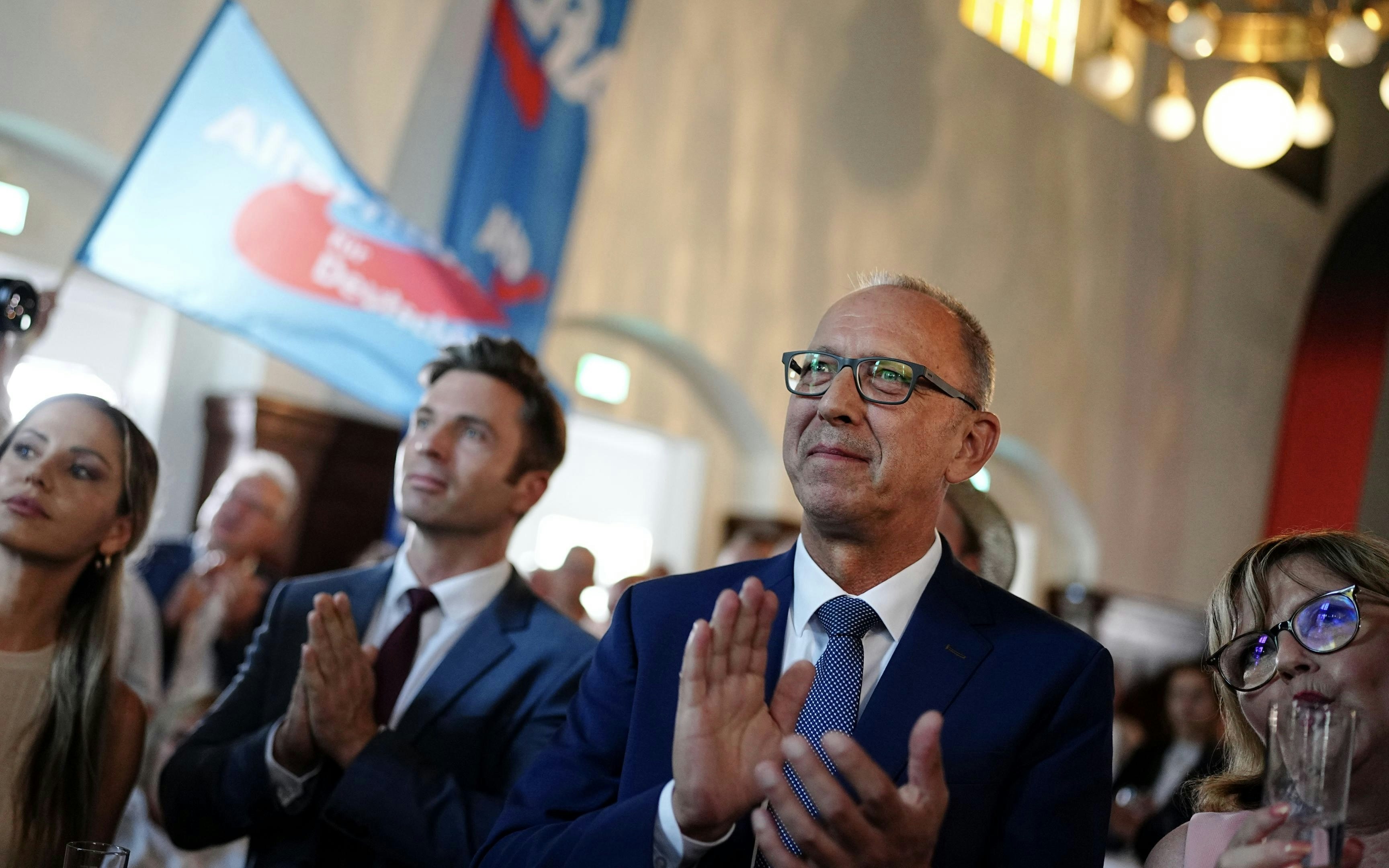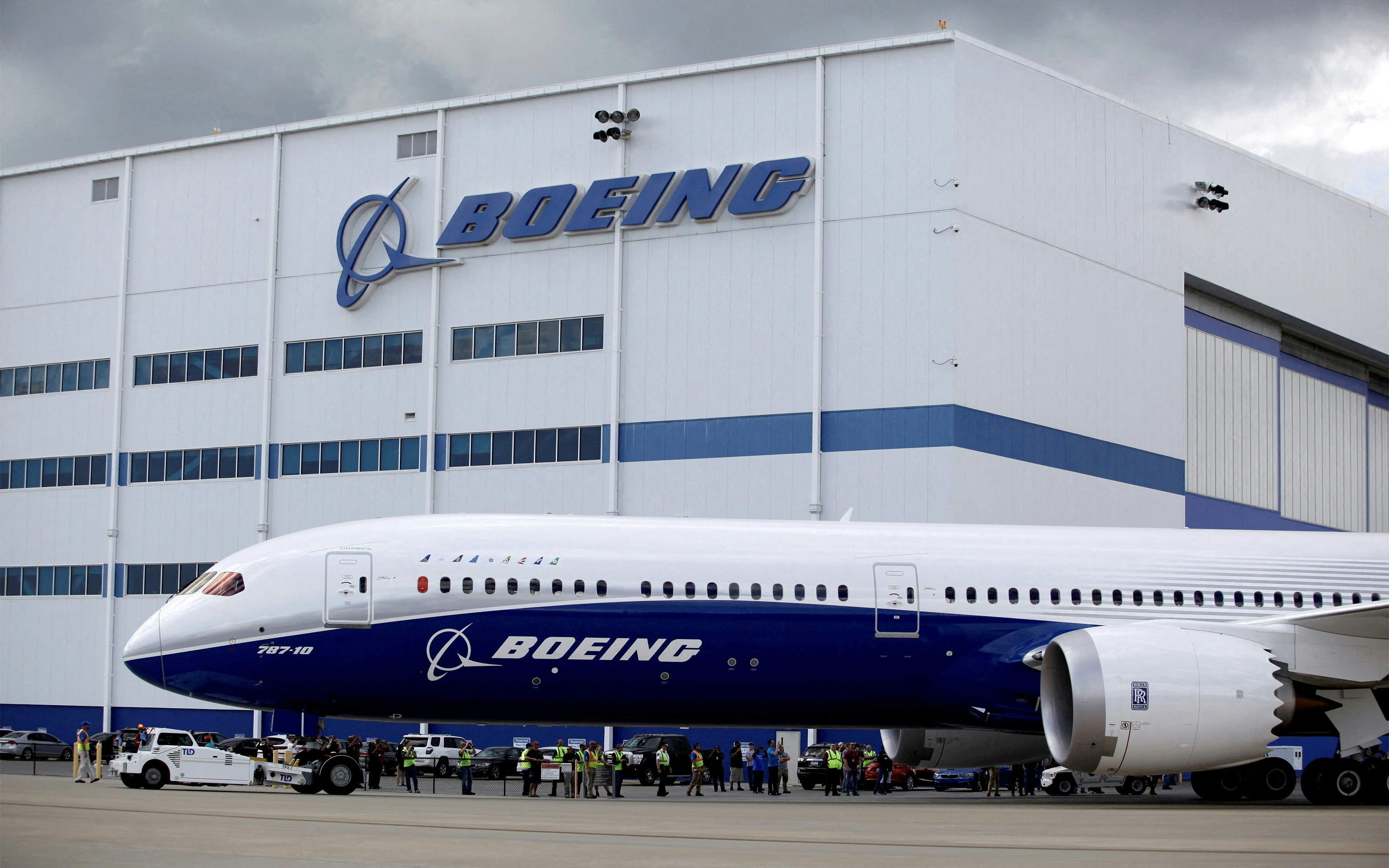The right-wing populist party Alternative for Germany (AfD) has ventured into uncharted political territory in the recent state elections in Thuringia, upending the political logic. With 32.8 percent of the vote, the AfD secured victory in a state election for the first time in the history of the Federal Republic – a milestone for the party and a sign of deep societal division in Germany.
The heading can be translated to English as follows:
"The AfD was also able to score strongly in Saxony, reaching 30.6 percent of the votes, just behind the CDU. These election results illustrate that the AfD is significantly more entrenched in eastern Germany than in western states. There, party colleagues still dream of such electoral successes.
These political shifts highlight the growing divide between East and West Germany, more than three decades after reunification. In many East German regions, the social and political rift appears deeper than ever. Especially the attitude towards the Ukraine war reveals clear differences: while the majority of West Germans support aid for Ukraine, many East Germans are more skeptical about arms deliveries and sanctions against Russia.
A ZDF survey after the election revealed that 54 percent of Thuringians support a reduction in Western military aid for Ukraine. This anti-Western and anti-American sentiment has deep roots in the past of the former GDR, where many people today feel similarly controlled by outside forces as they did under Soviet domination.
Besides the AfD, the newly founded Sahra Wagenknecht Alliance (BSW) also benefits from these sentiments. The left-populist party, which was founded just seven months ago, achieved 11.8 percent of the vote in Saxony and 15.8 percent in Thuringia – a remarkable success.
Western German politicians and citizens are often frustrated by the tendency of East Germans to support parties on the political fringe that challenge the democratic system. Despite the massive investments of 1.6 trillion euros since reunification and the economic catch-up of the East, many East Germans continue to feel left behind. A study by the German Economic Institute in Cologne highlighted that the East has made progress in terms of employment and wage development, but these successes are often not perceived by the public.
Many East Germans still struggle with the "Wende wounds" today, the scars left by the upheavals of the reunification period. High unemployment, the collapse of many industrial enterprises, and the feeling that their life's work has been devalued continue to shape the collective memory.
The political landscape in the East remains complex. In some regions, the established parties are still strong, with the CDU narrowly leading before the AfD in Saxony, and the party also asserting itself in Saxony-Anhalt. However, the AfD remains a dominant factor, especially in Thuringia, where its regional leader Björn Höcke continues to find support despite multiple convictions for using banned Nazi slogans.
Some AfD officials fear that the party could be banned altogether. But Stefan Möller, co-chairman of the AfD in Thuringia, showed a fighting spirit: "The AfD is immortal – at least in the East.










